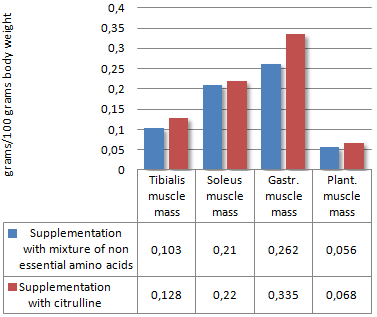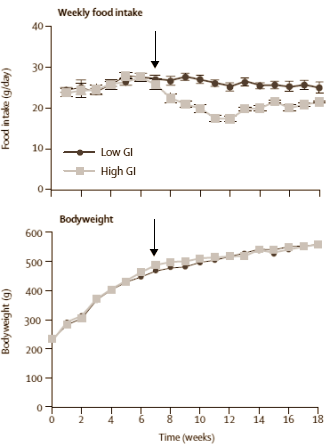|
Definition: "An ergogenic aid is any substance or phenomenon that enhances performance "
|
|
||||||||
16.11.2017 |
|
|
Alpha-linolenic acid-diacylglycerol steps up fat burning
People who consumed a couple of grams of alpha linolenic acid-enriched diacylglycerol for a period of two weeks lost almost half a kilogram of body fat, according to a small study that researchers at the Japanese Kao Corporation published in 2016 in the Journal of Oleo Science. Mix the stuff with allulose, nutritional fibre like inulin and a whole load of protein into snack bars and you'll have a diet product that will make competitors turn pale. Can't miss.
Diacylglyceride versus triglycerides
Study
Results
After consuming alpha-linolenic acid-enriched diacylglycerol for 14 days, the participants had 400 g less body fat than they did after the period of consuming rapeseed oil.
Mechanism
"In general, the triacylglycerol structure is hydrolyzed by lipase to 2-monoacylglycerol and fatty acids and then resynthesized into triacylglycerol in the intestinal mucosa cells. In contrast, the diacylglycerol structure is hydrolyzed to 1- or 3-monoacylglycerol and fatty acids."
"Because 1-monoacylglycerol is not easily resynthesized to triacylglycerol in the small intestine [Lipids. 2005 Mar;40(3):281-6.] [Lipids. 2003 Jan;38(1):25-30.], the 1-monoacylglycerol and free fatty acids may remain in the intestinal mucosa cells after diacylglycerol consumption [Lipids. 2004 Sep;39(9):827-32.]."
"Omega 3 fatty acids, such as alpha linolenic acid, eicosapentaenoic acid, and docosahexaenoic acid increase the gene expressions including farnesoid X receptor and peroxisome proliferator-activated receptor compared to other fatty acids, such as saturated and omega 6 fatty acids [Am J Cardiol. 2006 Aug 21;98(4A):27i-33i.], suggesting that the free alpha linolenic acid derived from alpha linolenic acid-enriched diacylglycerol activates fat oxidation and suppress fat synthesis, particularly in the small intestine and the liver."
"Thus, diacylglycerol and alpha linolenic acid can synergistically affect fat oxidation. Indeed, Murase et al. suggested that beta-oxidation is higher in rodents fed alpha linolenic acid-enriched diacylglycerol than in those fed alpha linolenic acid-enriched triacylglycerol. [J Nutr. 2002 Oct;132(10):3018-22.] Additionally, alpha linolenic acid-enriched diacylglycerol can enhance fat oxidation at 25% of the dose compared to oleic and linolenic acid-riched diacylglycerol [Int J Obes (Lond). 2008 Dec;32(12):1841-7.]."
Conclusion
Source:
More:
Archives:
|
|
|||||||||||||||








